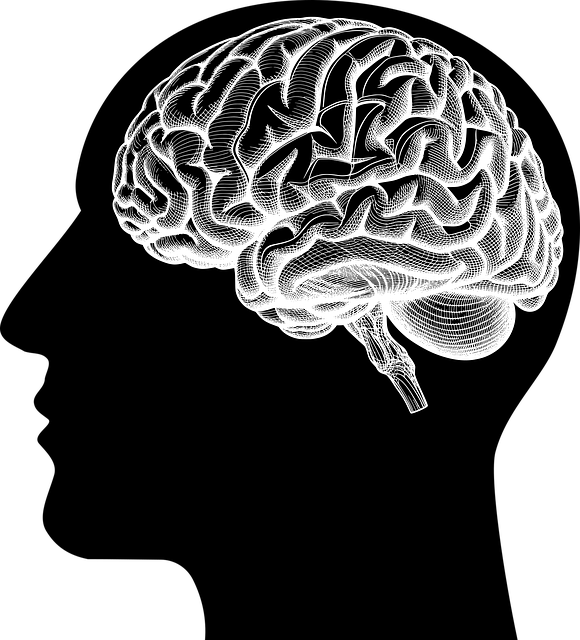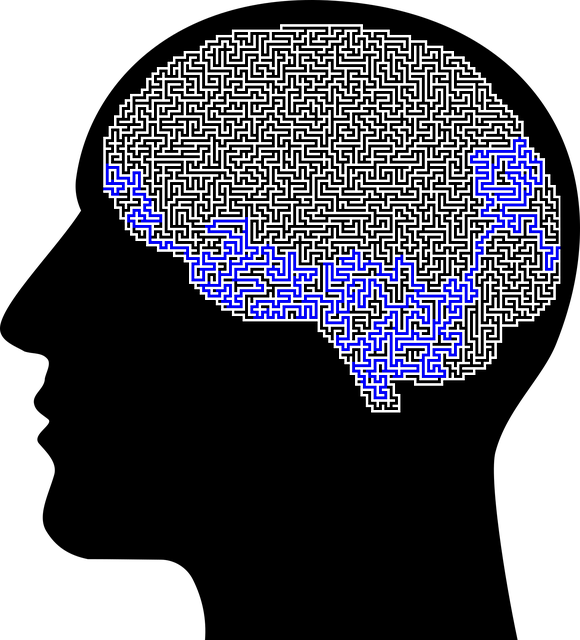Risk assessment is crucial in Aurora Conduct Disorder Therapy (ACDT) for mental health professionals, who meticulously evaluate patient risks and holistically consider coping mechanisms, social support, and environmental factors. They employ tools like Mental Wellness Journaling Exercises to tailor interventions. Proactive risk management strategies for healthcare providers include self-care routines, cultural competency training, and robust internal protocols, protecting practitioners and enhancing care quality. In ACDT, clear guidelines, open dialogue, and stigma reduction facilitate early identification of risks, enhancing patient safety and therapeutic outcomes.
In the intricate field of mental health, effective risk management planning is paramount to ensuring client safety and fostering therapeutic environments. This article delves into the essential components of risk assessment within mental health practice, with a specific focus on Aurora Conduct Disorder Therapy. We explore the creation of robust risk management plans, detailing strategies to mitigate potential risks associated with this specialized therapy. By understanding risk assessment and implementing comprehensive strategies, professionals can navigate complex scenarios securely.
- Understanding Risk Assessment in Mental Health Practice
- Developing a Comprehensive Risk Management Plan
- Strategies for Mitigating Risks in Aurora Conduct Disorder Therapy
Understanding Risk Assessment in Mental Health Practice

In mental health practice, risk assessment is a cornerstone of comprehensive care planning. It involves systematically evaluating a client’s present and potential future risks to inform treatment strategies and ensure patient safety. Mental health professionals, akin to navigators in a complex landscape, employ various tools and techniques to map out these risks, which can range from acute crises to long-term relapses or recurrence. This process is crucial for tailoring interventions and support systems, especially for individuals grappling with conditions like Aurora Conduct Disorder Therapy (ACDT) patients, who often present with unique challenges.
Risk assessment in this context goes beyond identifying immediate dangers. It encompasses a holistic view of the client’s mental wellness, incorporating factors such as coping mechanisms, social support networks, and environmental influences. Mentored by Mental Health Education Programs Design, professionals use this data to design interventions that can include Mental Wellness Journaling Exercises Guidance, helping clients develop adaptive strategies for managing stress and emotional triggers. By integrating these approaches, care becomes more personalized, empowering individuals to take an active role in their mental wellness journey.
Developing a Comprehensive Risk Management Plan

Mental health professionals are often on the front line when it comes to managing high-risk cases, such as those dealing with Aurora Conduct Disorder Therapy. As such, developing a comprehensive risk management plan is an indispensable tool for maintaining a safe and healthy work environment. This strategy should encompass not only identifying potential risks but also implementing proactive measures to mitigate them.
A well-rounded plan includes integrating self-care routine development for better mental health, regular healthcare provider cultural competency training, and robust internal protocols. By prioritizing these aspects, professionals can enhance their ability to handle challenging situations effectively while minimizing personal and professional vulnerabilities. Such a proactive approach ensures that both the practitioners and their clients receive the highest level of care in an environment free from avoidable hazards.
Strategies for Mitigating Risks in Aurora Conduct Disorder Therapy

In the context of Aurora Conduct Disorder Therapy, risk management planning is a cornerstone for mental health professionals. This involves a multi-faceted approach that integrates Risk Management Planning for Mental Health Professionals while fostering Communication Strategies. By establishing clear guidelines and protocols, therapists can create a safe environment, anticipate potential risks, and implement timely interventions to mitigate challenges unique to this population.
One key strategy is to promote open and non-judgmental communication, addressing the often-present mental illness stigma reduction efforts within Aurora Conduct Disorder Therapy sessions. Encouraging patients to express their feelings and fears freely allows therapists to identify emerging issues early on. This proactive approach ensures that risk factors are managed proactively, enhancing patient safety and fostering a more effective therapeutic journey.
Mental health professionals play a crucial role in managing risks associated with their practice, especially when treating complex conditions like Aurora Conduct Disorder. By understanding risk assessment and implementing robust strategies, such as those outlined for Aurora Conduct Disorder therapy, practitioners can ensure safer environments and more effective patient care. A well-crafted risk management plan is an essential tool to navigate the challenges of this field, fostering a positive and secure therapeutic experience.











